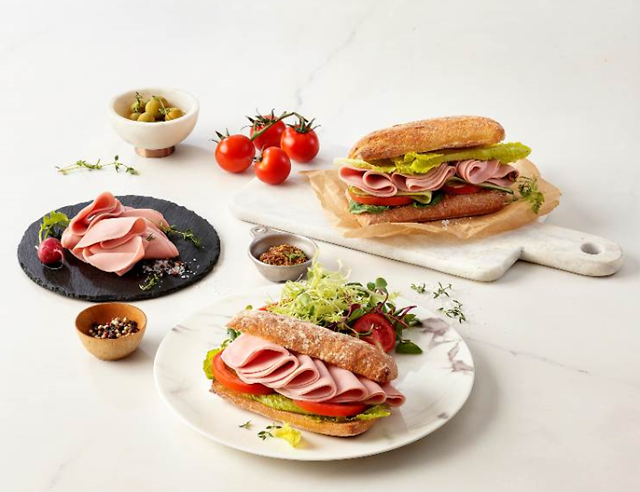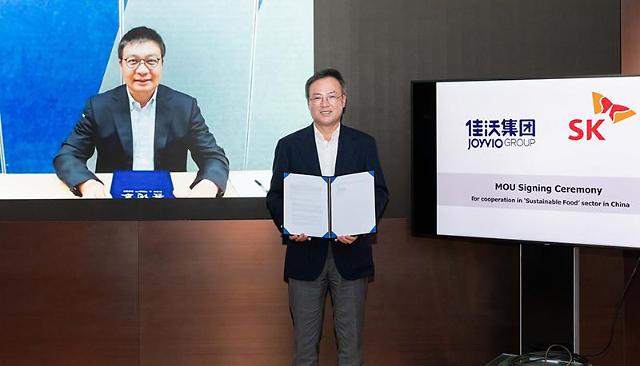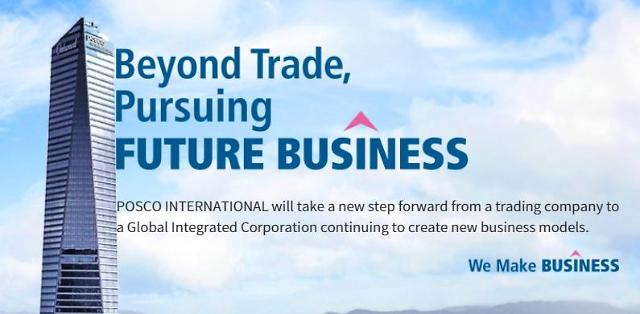
[Courtesy of Shinsegae Food]
The first product of Shinsegae Food's alternative meat brand "Better meat" is three kinds of cold cuts -- Westphalian ham of Germany and two Italian hams, Mortadella and Bologna. A sandwich containing Bologna cold cuts was rolled out on July 29 through Starbucks stores nationwide. Shinsegae is the largest shareholder of the Starbucks franchise in South Korea.
"Better meat is a better alternative meat than meat, and it is a food content that reflects Shinsegae Food's ESG management and commitment to contributing to human health, animal welfare and the global environment," Shinsegae Food CEO Song Hyun-suk told an online press conference on July 28. Environmental, social, and corporate governance (ESG) is a trendy corporate operation method that focuses on the use of green energy and environmentally-friendly management.
Shinsegae enhanced the taste and flavor of alternative meat using soybean protein and vegetable oil and fat ingredients and implemented ham's unique elasticity and chewy texture using polysaccharides extracted from algae and fiber. The meat's red color and appearance were derived from beet and paprika. To compensate for the dry texture of plant-based meat, Shinsegae applied optimal conditions in the mixture of ingredients and temperature.
"We will actively foster Better meat as a future growth engine to achieve 'Food Contents & Technology Creator', which was established by Shinsegae Food's corporate vision," Song said. Shinsegae Food has developed technology for alternative meat since 2016 on the belief that the alternative meat market has high growth potential. The company invested in Benson Hill Biosystems, a U.S startup that is developing vegetable proteins.
The domestic alternative meat market is still small at about 20 billion won ($17.4 million), but market researchers forecast rapid growth. According to data from the Korea International Trade Association(KITA), alternative meat would account for more than 30 percent of the global meat market by 2030 and 60 percent by 2040, as concerns over animal welfare and food security spur the global demand for meat alternatives.
Many companies and researchers are trying to establish a new paradigm for the mass production of plant-based or cultured meat by lowering costs through technological advancements. Potential factors of consumer acceptance are healthiness, safety, nutritional characteristics, sustainability, taste and lower prices.
Plant-based meats imitate meat and are most commonly made from soy, peas, beans, mushrooms, mung beans, or wheat gluten. Cultured meat is produced by in vitro cell culture of animal cells. The production of cultured meat used to be expensive, but costs have been lowered through technological advancements. Biomass fermentation uses high-protein content and the rapid growth of microorganisms to efficiently make large amounts of protein-rich food.
Through cooperation with Xcell Therapeutics, an innovative domestic startup known for a novel nutritional medium designed to support cell therapy development and production, Daesang, a major food material and product producer in South Korea, is developing technology for the mass-production of commodity clean meat produced by the in vitro cell culture of animal cells.
In June, POSCO International, a trading arm of South Korea's steel group, agreed to support the development and global marketing of products from two domestic food tech companies. Gikuin produces a meat alternative made mainly from brown rice, oats and nuts. HN Novatech uses heme molecules extracted from seaweed and fish meat. The target market includes vegetarians, vegans, non-vegetarians seeking to reduce their meat consumption and people following religious dietary laws.
South Korea's third-largest conglomerate SK Group has expanded its partnership with China's Joyvio Group to tap alternative food markets in China and other countries and invest in promising food-tech firms with innovative technologies.
Copyright ⓒ Aju Press All rights reserved.




View more comments